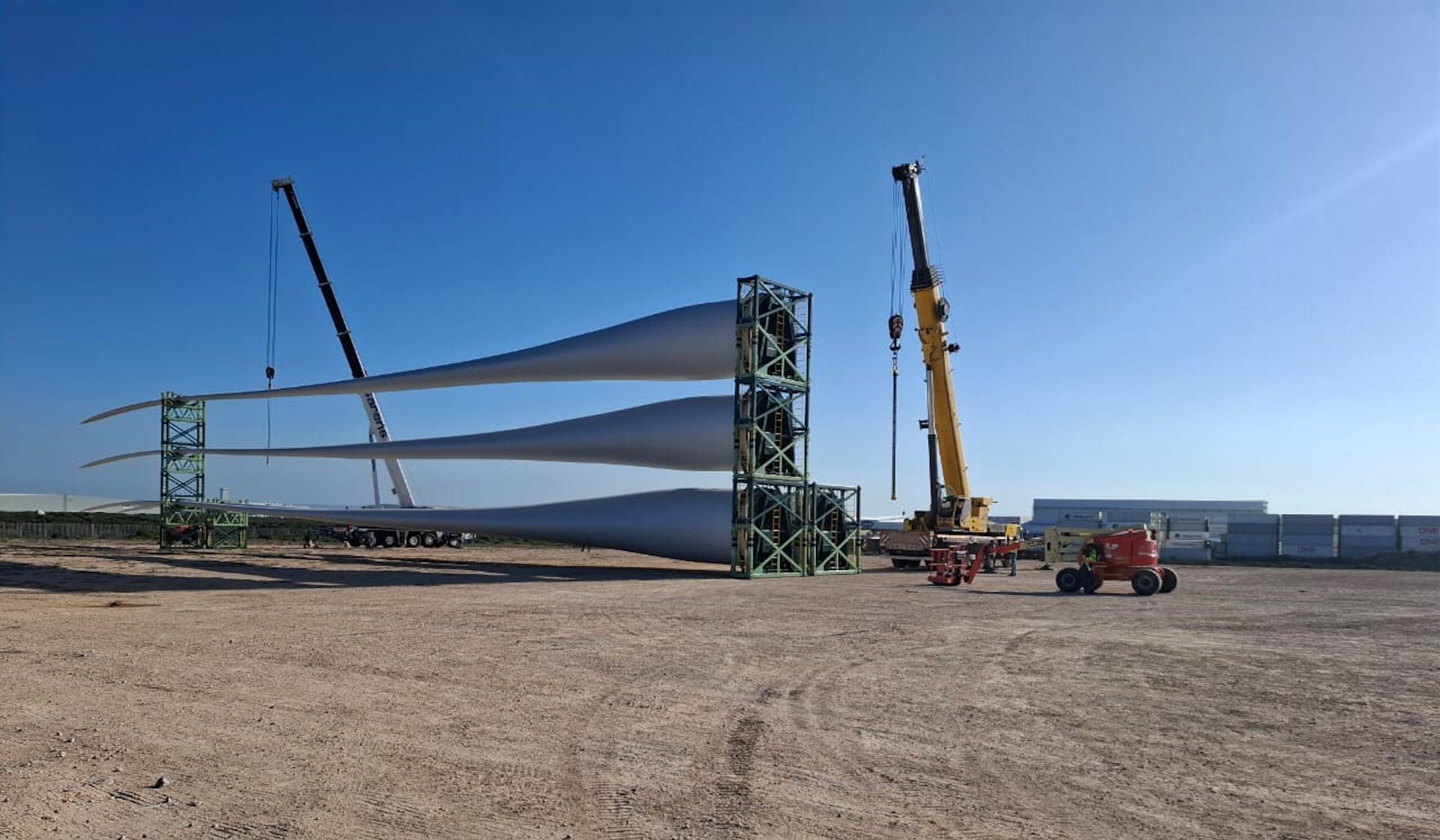Nordex Energy South Africa, a leading wind turbine manufacturer, has joined country’s wind industry members in calling for the swift approval of the curtailment framework. The framework, currently under review, is seen as an important step to unlocking greater grid access in the short term, while longer-term solutions are implemented to expand South Africa’s national grid.
As the wind energy sector faces significant grid capacity and regulatory challenges that are slowing the deployment of renewable energy projects, it is vital to collectively advocate for practical solutions. These solutions will enable the sector to continue supporting the country’s energy transition.
David Moncasi, Head of Sales Africa at Nordex, stated: “The approval of the curtailment framework is crucial in the short term to enable more projects to connect to the grid, easing some of the immediate pressure on capacity constraints. As the leading OEM in the country, we are committed to supporting initiatives that help overcome grid challenges and accelerate the deployment of wind energy in South Africa.”
Moncasi further emphasised the importance of the framework as a temporary measure, while the country continues to address its long-term grid expansion needs. “We believe that this curtailment plan will benefit both public driven auctions under the REIPPP, as well as the private Commercial and Industrial offtake market,” Moncasi added.
In the medium term, grid constraints could be alleviated through the National Transmission Company of South Africa’s (NTCSA) plan to use turnkey contracting for new grid capacity. However, the long-term solution will likely depend on the government’s development of a model for Independent Power Transmission (IPT) projects.
With South Africa planning to roll out 14,000 km of new powerlines by 2032, and Eskom’s progress slower than anticipated, interim solutions like the curtailment framework have become essential. These measures are crucial to advancing the country’s renewable energy transition and addressing ongoing energy shortages.


